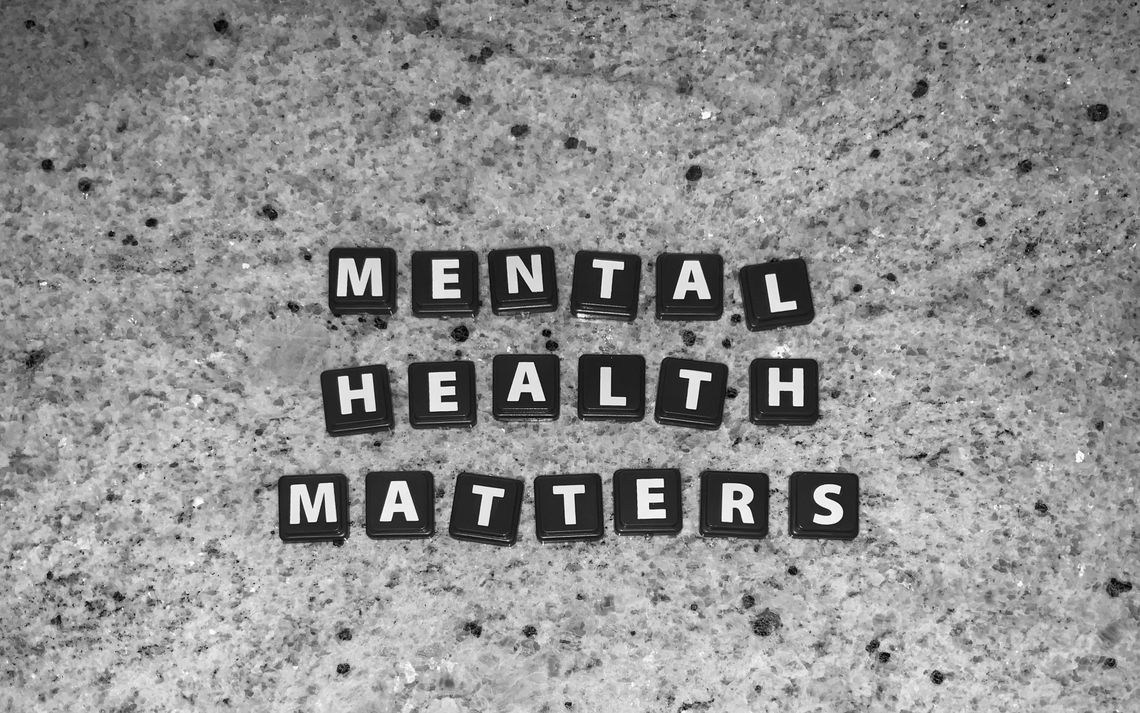There are many reasons why some people are reluctant to get help for their mental health or addiction issues.
In addition, many people are not sure what to do when encouraging someone to get the help they need for their mental health.
As a result, here are seven suggestions on how to convince a person struggling to get some assistance.
1. Talk to the person instead of talking at them: Nobody wants to be lectured or yelled at. The person who is struggling is scared and they need help in overcoming their fears and resistance to getting some guidance. Treat others the way you would want to be treated if the roles were reversed.
2. Find out why the person won’t get help: Ask the individual who is struggling the reasons why they are reluctant to get some assistance. Although most people may not admit it, a sense of fear of the unknown and/or some kind of frustration are usually the main factors. It might take a few tries, however, try to find out what is stopping your friend from getting treatment.
3. Address the reasons why the individual won’t get help: Once you get the reasons why he or she won’t get some help, the next step is to find the ways to address those factors that are preventing the individual from getting assistance. Addressing one’s fears and concerns may convince them to take some action that will get their life back on track.
4. Get some advice from a professional: Talk to your doctor or a mental health counselor for recommendations on how you can help someone who is struggling. A medical professional in the mental health field will be able to give you some ideas and options that you can use to help convince someone you know to get some help.
5. Find someone who understands: Try to find someone who used to struggle with their mental health for their advice. For example, a person who used drugs and alcohol in the past could use their past experiences and insights to convince the individual to seek treatment. A person who used to struggle with addiction or their mental health may be better able to relate to the person who is struggling.
6. Get them to attend a support group: Another way to convince someone to get help is to get them to go to a mental health support group. This may or may not work depending on the individual, but it is still worth a try. A person who goes to a support group can at least listen to those who are also struggling, which may convince the person to get some assistance.
7. Be persistent: Continue to be persistent with your loved ones in getting them the help they need. Keep in contact with your doctor and any mental health counselor on your progress. If things do not improve, continue to find other alternatives in getting the person some help.
Stan Popovich is the author of “A Layman’s Guide to Managing Fear.”
.jpg)

